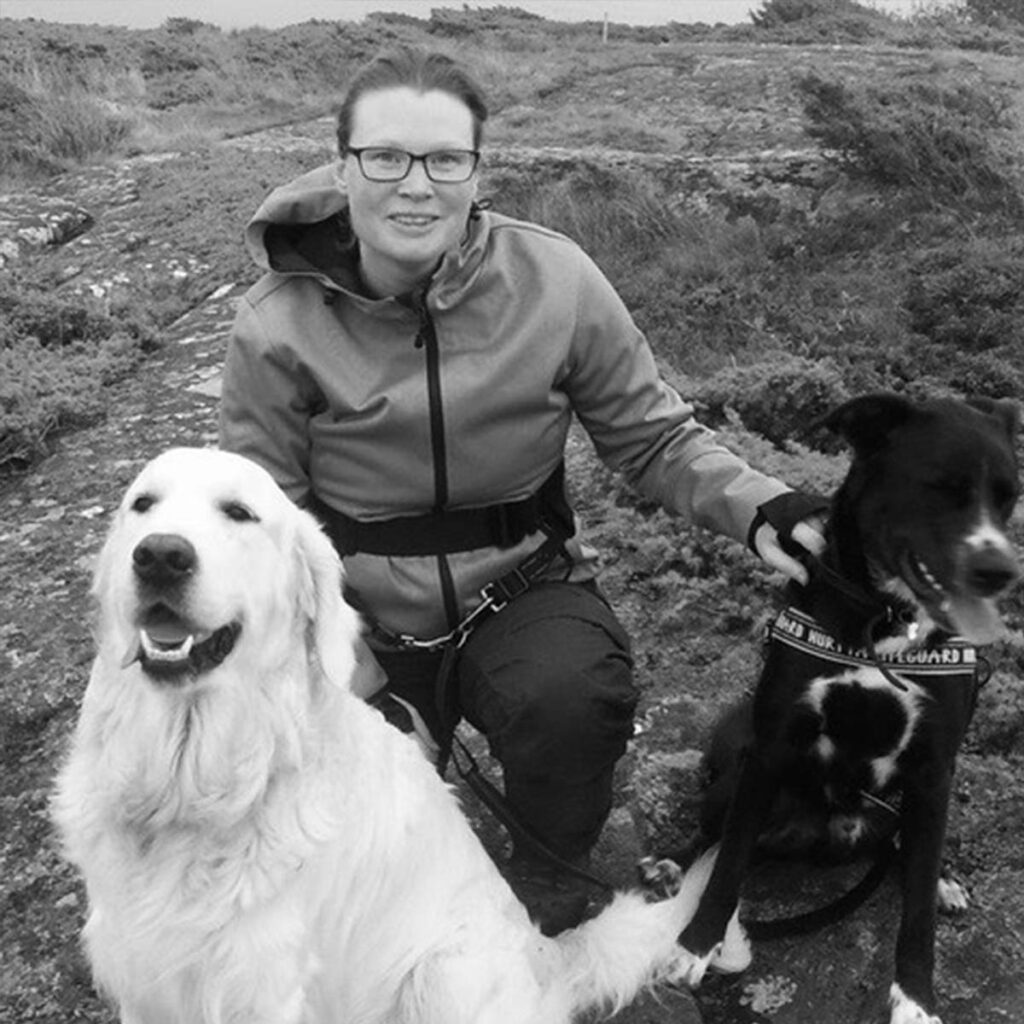Today I have been living with my diagnosis for one year. When I came to the doctor’s office in the afternoon 25 january 2016 I already know the answer, I had felt that something was wrong for so long, that the diagnosis was not a chock for me. Still I started crying, mostly because I was in shock and that I saw my husband’s reaction. I felt that I know what awaits him. The constant worry for my health and for the two beautiful daughters we have together. Actually my youngest daughter is the same age that I was when my father was when he got his diagnosis.
My journey to figure out what was wrong with me started the summer of 2014. I was so tired all the time. At the time we lived in the city Varberg in Sweden. I studied at a university to become a Health pedagog. I went to a doctor and he took some test on me that showed that I had iron deficiency. So I got some medicine but after 3 month I was still tired. I started to feel confused and forgetful, I took contact with a new doctor who sent me to a check of my memory. It went so well that they did not want to continue to investigate what was wrong with me. I told them about my grandmother, my father and his brother that al died in the disease so they continued to do test´s. Now I think , I was so early that it would not matter how many test they would have done. The test to draw a line from A to 1 then B to 2 and so on is still not my problem. But it was horrible to not be taken seriously. So we moved down south in sweden to where I’m from. I contacted my father’s old doctor and he helped me get in contact with the right people. And so a year and a half after I started, I got my diagnosis. Now I have the most wonderful team around me. And a couple of days ago I was on a check up at my doctor Moa Wibom and I have the same test results as I hade a year ago. In my world that is great!



